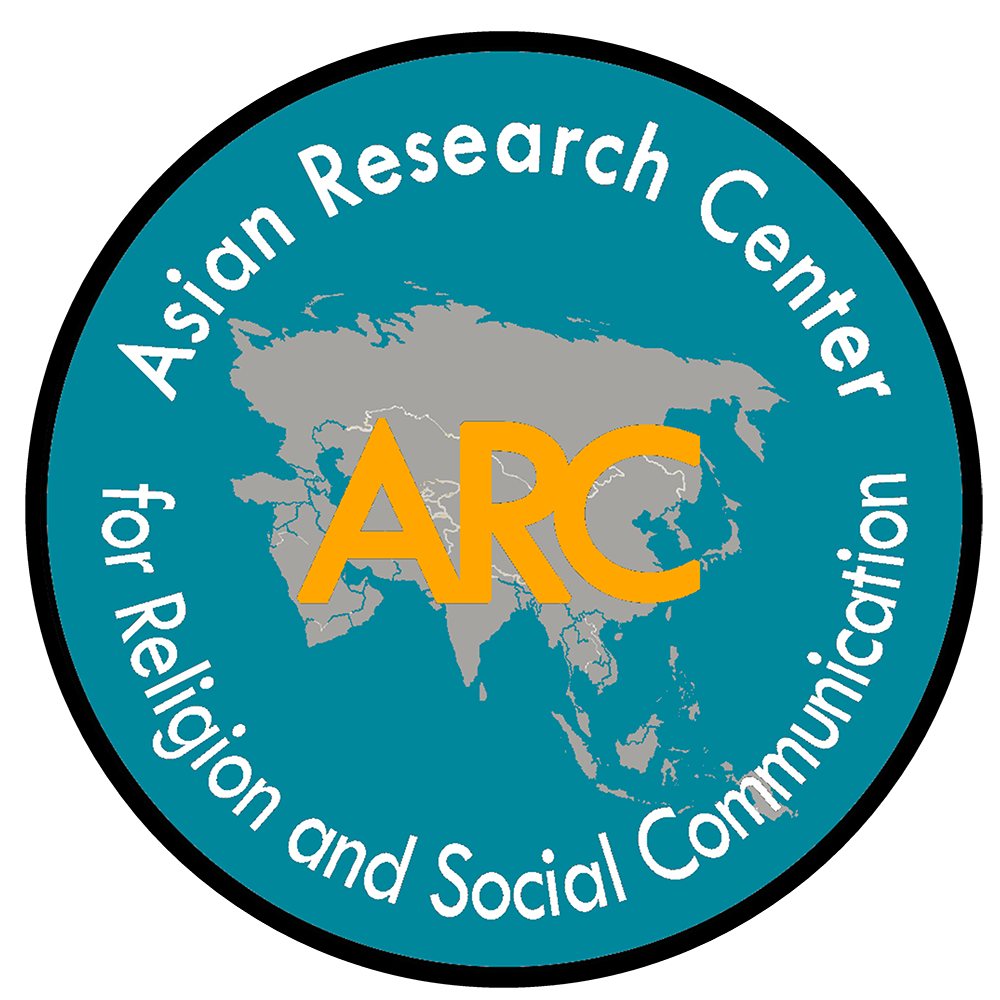Attribution of Religious Characteristics to AI: A Critical Exploration
RELIGION AND SOCIAL COMMUNICATION VOLUME 21, NO. 2 (2023)
ISSN 1686-9184
Author
Gnana Patrick
Abstract
Today we find a number of attributions of religious characteristics to AI. In usages like “apocalyptic AI,” “homo deus,” “AI as Imago Dei,” “virtual immortality,” etc., we find religious characteristics being attributed to AI related processes. It would do well to critically analyse such attributes from the perspective of religious studies to understand their impact upon the dynamics of religions. One such core dynamic, acknowledged invariably in religious and theological studies, is that of the experience of “transcendence.” Several studies on religious transcendence analyse its “vertical” and “horizontal” aspects down through historical epochs. The modern era, in particular, is understood to have induced various shades of immanentism, along with an inability to transcendence. This paper studies some selected religious attributes made to AI and analyse their impact upon the experience of transcendence today.
Keywords
apocalyptic AI, homo deus, virtual immortality, AI as Imago Dei, transcendence
References
David, Noble F. The Religion of Technology: The Divinity of Man and the Spirit of Invention. New York: Alfred A Knopf, 1997.
Dorobantu, Marius. “Artificial Intelligence and Religion: Recent Advances and Future Directions,” Zygon 57, no. 4 (December 2022): 984-999.
Foerst, Anne. “Robots and Theology.” 2009. https://www.researchgate.net/publication/273886034.
___________. “Artificial Intelligence: Walking the Boundary.” 2005. https://www.researchgate.net/publication/22957558.
___________. “Cog, a Humanoid Robot, and the Question of the Image of God.” 2003 https://www.researchgate.net/publication/22958607.
Geraci, Robert. Apocalyptic AI: Visions of Heaven in Robotics, Artificial Intelligence, and Virtual Reality. Oxford: Oxford University Press, 2010.
Harari, Yuval Noah. Homo Deus: A Brief History of Tomorrow. UK: Harvill Secker, 2015.
Herzfeld, Noreen. The Artifice of Intelligence: Divine and Human Relationship in a Robotic Age. Minneapolis: Fortress Press, 2023.
Herzfeld, Noreen, ed. Religion and the New Technologies. Basel: MDPI, 2017.
Scott, Michael. Religious Language. New York: Palgrave, 2013.
Singlar, Beth. “An Introduction to Artificial Intelligence and Religion for the Religious Studies Scholar.” Implicit Religion 20, no. 3 (2018): 215-231. Doi:10.1558/imre.35901.
Striver, Dan R. The Philosophy of Religious Language – Signs, Symbols, and Story. Cambridge: Blackwell Publishers, 1996.
Wilks, Yorick. “AI and Religious Beliefs’ with Yorick Wilks.” YouTube, May 13, 2020. https://www.youtube.com/watch?v=25LIRUXCi5g
PAGES: 247-269
DOI: https://doi.org/10.62461/GNP100423
Submitted: September 29, 2023; Accepted: October 4, 2023; Published: December 31, 2023



